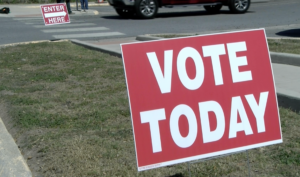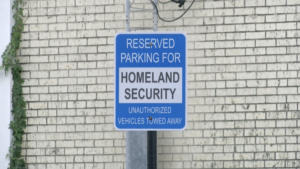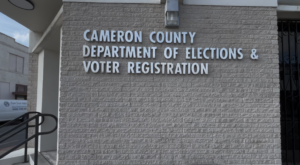UPDATE (Sept.23): The CDC’s advisory committee met last Thursday and Friday to discuss the new COVID-19 restrictions among other topics. The committee agreed that individuals would need to consult with a clinician to weigh the risks and benefit of taking the vaccine, in a process called shared decision-making. The committee also rejected a proposal that would require a prescription for the vaccines.
ORIGINAL STORY:
BROWNSVILLE – The United States Food and Drug Administration has limited the new COVID-19 vaccines to individuals ages 65 and older or people who have at least one underlying health condition that puts them at an increased risk.
According to the United States Centers for Disease Control and Prevention, some health conditions include but are not limited to cancer, chronic kidney disease, chronic liver disease, asthma, dementia, Parkinson’s disease and diabetes.
Russell Wendt, a UTRGV Health Sciences Master’s Program professor, said restricting the COVID-19 vaccine can create a problem for individuals with comorbidity which is two pre-existing diseases or conditions in a person at the same time.
“It did say that those with pre-existing conditions will help those under age 65 meet criteria for covid vaccination,” Wendt said. “However, the problem is we have a country full of people with comorbid conditions.” … “Oftentimes they’re undiagnosed and the fact is those can be risk factors, for example, hypertension or obesity or diabetes and we do have a large number of people underage, 65 currently undiagnosed for that.” In a May 20 article published in the new England Journal of Medicine by FDA leaders, the administration limited the shots because studies show the vaccines benefit older adults and people with health conditions while “healthy” younger people show little added protection.
However, according to Wendt lowering the vaccination rates may increase cases of COVID-19 within communities
“So, the other thing is the lower the vaccination rates that we see in our communities, the more chance there is for the virus to mutate and turn into potentially deadlier or at least worse varieties of COVID,” he said. “So, I think it’s important that we try to maintain as a higher rate of vaccination as we can to prevent those kinds of risks.”
The COVID vaccine availability can vary in places such as Walgreens or local pharmacies.






